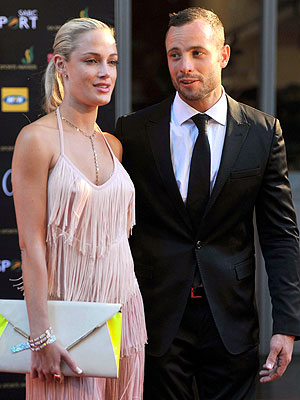LONDON — Another poll came out this week showing that in the hierarchy of trust, journalists figure near the bottom of the heap.
Some of us take a perverse pride in being down there with the money-changers and the harlots (actually, the latter sometimes rate rather highly in these surveys.)
The comforting theory is that if everybody hates us, we must be doing something right.
The Ipsos MORI poll published on Friday found that among 1,018 British respondents, only one-in-five trusted journalists to tell the truth — on a par with bankers and below real estate agents.
Bizarrely, almost 70 percent trusted television news presenters — ahead of priests and other clergymen.
The only small consolation for the derided scribes was that they came out just ahead of politicians. Only 18 percent of respondents believed politicians could be relied on to tell the truth.
Now, the results may just reflect the current state of British journalism, and indeed of British politics.
In the latest development in a long-running phone-hacking scandal, Scotland Yard on Wednesday arrested six more journalists who previously worked for Rupert Murdoch’s now defunct News of the World.
The scandal already led to a months-long inquiry by Lord Justice Sir Brian Leveson, who concluded with an excoriating critique of the press as a whole for displaying “significant and reckless disregard for accuracy.”
Media-watchers believe, however, that in an era of rapid technological change, the trust issue goes wider than the morally dubious practices of some of the British red-top press.
As my colleague David Carr wrote at the height of the phone-hacking scandal last year: “Journalism’s ills don’t live exclusively on Fleet Street or stop at British shores.”
“Economic pressures have increased the urgency to make news and drive traffic, even as budgets have been cut and experienced news professionals tossed overboard,” David wrote.
He said part of the reason the public had lost confidence was that the product sometimes did not merit it. “If journalism is losing its way, that’s a story that needs to be told over and over,” he wrote.
An American student journal this week quoted Ron F. Smith, author of Ethics in Journalism, as saying the reputation of journalists was continually being questioned.
“Nearly every public opinion poll shows that people have lost respect for journalists and lost faith in the news media,” according to the introduction to his 2003 ethics manual.
Mariah Young, an aspiring journalist who writes for The Bullet, a student newspaper at Virginia’s University of Mary Washington, used the citation to ask whether journalists had lost a once cherished sense of ethics.
In an era of Twitter and the Internet, it was becoming harder for journalists to break news, papers to publish and people to trust the media, Ms. Young concluded.
There was similar soul-searching last month by John Lloyd, a veteran British commentator and Reuters columnist.
“The trend in a lot of the media is toward more scandal, more controversy and more opining,” he wrote, lamenting that news organizations wedded to objective reporting, investigation and rational analysis were now in a minority, “and a lot of them are finding it hard to make a living.”
He called for greater focus on long-term strategic issues such as global warming, dwindling resources and social change. “We should find some way of making this stuff part of a real global conversation — one that is vivid, comprehensible and more democratic,” he wrote.
In a comment to Mr. Lloyd, one anonymous news editor wrote, “Journalism has always attracted the self-righteous, opinionated and egotistical and with the new Facebook generation now in the workforce that bar is already at an all-time high.”
Has journalism really lost its way? Or does the public always get the press it deserves? And is the impact of citizen journalism a plus or a minus? Tell us what you think.










